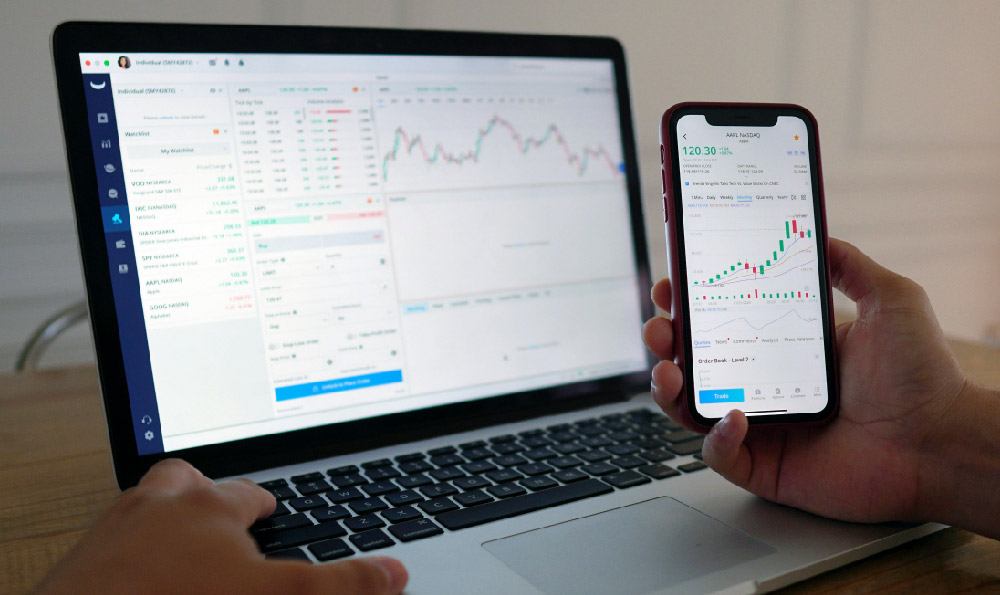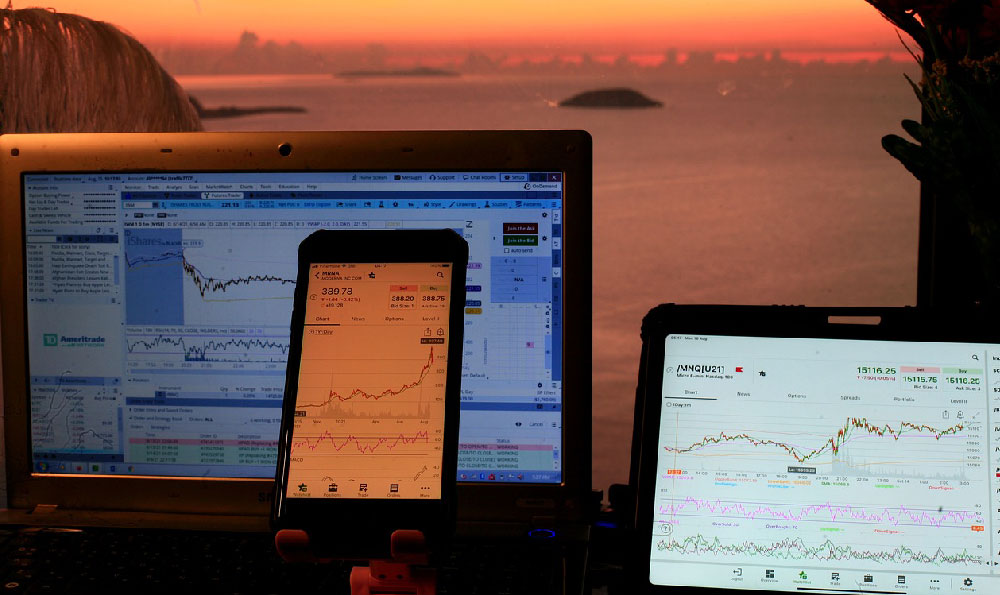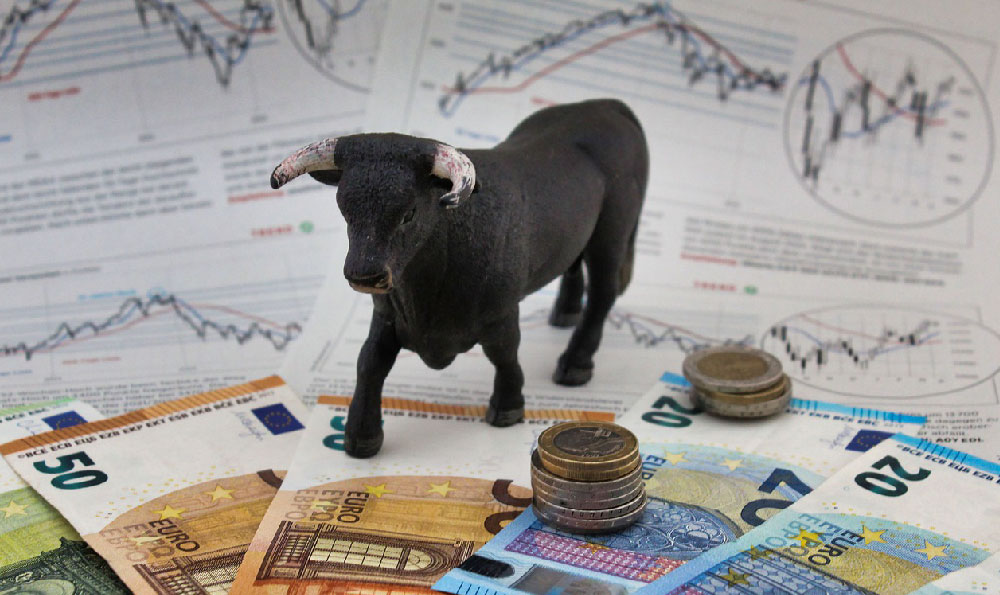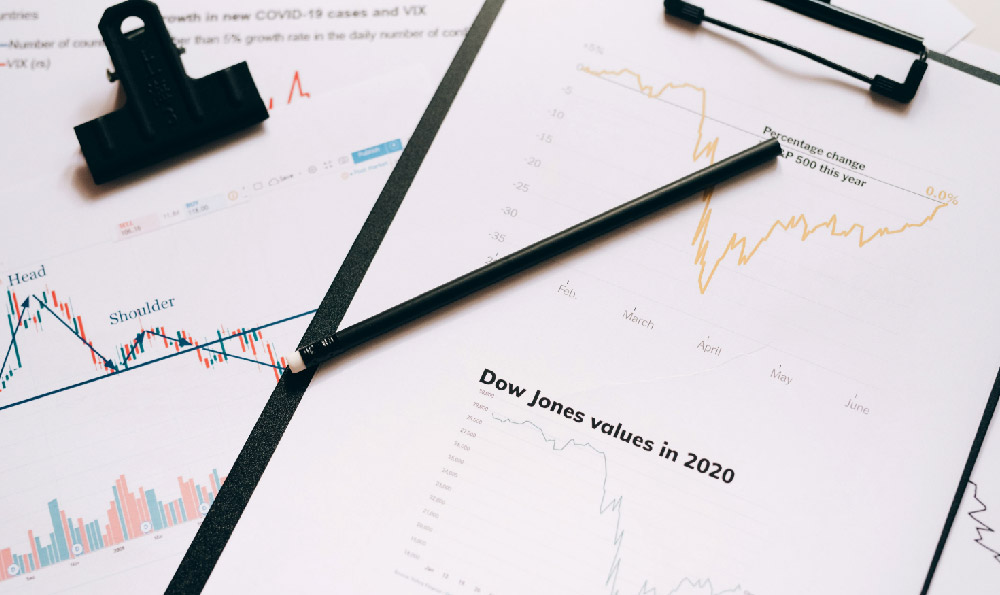How Much Can I Make Day Trading: Is It Worth It?
Day trading, the practice of buying and selling financial instruments within the same trading day, holds an undeniable allure. The promise of substantial profits, potentially earned within hours, is enough to capture the imagination of many. But the crucial question remains: how much can one realistically make day trading, and is it truly worth the effort, risk, and dedication required?
The potential gains in day trading are theoretically unlimited. A perfectly timed entry and exit point on a highly volatile asset could yield exponential returns. However, the reality is far more nuanced and frequently less glamorous. The average day trader rarely achieves consistent, massive profits. Instead, they face a constant battle against market volatility, emotional biases, and the sheer complexity of predicting short-term price movements.
Estimating a concrete figure for potential daily earnings is difficult due to several factors. Firstly, it depends heavily on the trader's capital. A trader with $1,000 in their account simply cannot generate the same absolute profits as someone with $10,000, even if their percentage returns are identical. Secondly, the chosen asset class plays a significant role. Cryptocurrency, with its inherent volatility, offers greater potential for rapid gains (and losses) compared to more stable markets like traditional stocks. Thirdly, the trader's skill, strategy, and risk tolerance are paramount. A disciplined trader employing a well-defined strategy and managing risk effectively will likely outperform a novice chasing quick wins based on gut feeling.

While it’s difficult to pinpoint an exact dollar amount, some studies and industry observations offer insights. Some suggest that successful day traders, representing a small minority, might average a return of 1-5% of their capital per month. However, it's vital to remember that this is an average. Some days might bring substantial profits, while others result in losses. The ability to consistently generate even a modest positive return month after month is a significant achievement in day trading. Many experienced traders will stress the importance of consistently cutting losses short and letting profits run.
Now, let's address the question of whether day trading is "worth it." This is a deeply personal question with no easy answer. The "worth" of day trading extends beyond purely financial gains. It also encompasses the time commitment, mental and emotional strain, and opportunity cost of pursuing other income-generating activities.
One of the biggest misconceptions is that day trading is a path to quick and easy riches. In reality, it demands significant time and effort. Successful day traders typically dedicate hours each day to researching market trends, analyzing charts, developing trading strategies, and executing trades. It's not a get-rich-quick scheme; it's a demanding profession that requires continuous learning and adaptation.
The emotional toll of day trading can be substantial. The constant fluctuations in the market, the pressure to make split-second decisions, and the inevitable losses can trigger anxiety, stress, and even depression. It requires a high degree of emotional control and the ability to detach oneself from the outcomes of individual trades. The temptation to "revenge trade" after a loss, or to deviate from a well-defined strategy out of fear or greed, is a constant challenge.
Furthermore, day trading involves significant risk. The inherent volatility of the market means that losses can accumulate rapidly, potentially wiping out a trader's entire capital. Effective risk management is crucial for survival. This includes setting stop-loss orders to limit potential losses on each trade, diversifying capital across multiple trades, and avoiding the temptation to over-leverage positions. Understanding and managing risk is as important as identifying profitable trading opportunities.
The learning curve in day trading is steep. It requires a thorough understanding of technical analysis, fundamental analysis, market psychology, and risk management. Traders need to be able to interpret charts, identify patterns, and anticipate market movements. They also need to be aware of economic indicators, geopolitical events, and other factors that can influence market prices. Numerous resources are available, including online courses, books, and trading communities. However, the real learning comes from practical experience and the willingness to analyze past trades to identify mistakes and improve strategies.
Finally, consider the opportunity cost. The time and effort spent on day trading could potentially be used to pursue other income-generating activities, such as building a business, developing new skills, or investing in long-term assets. It's essential to weigh the potential rewards of day trading against the potential benefits of alternative pursuits.
In conclusion, while the potential for financial gains in day trading exists, it's crucial to approach it with realistic expectations and a thorough understanding of the risks involved. It's not a guaranteed path to riches, and it requires significant time, effort, and emotional discipline. Before embarking on a day trading career, it's wise to thoroughly educate oneself, develop a solid trading strategy, practice risk management techniques, and start with a small amount of capital. Only then can one realistically assess whether day trading is truly "worth it" in their individual circumstances. The key is to treat it as a business, not a gamble, and to continuously learn and adapt to the ever-changing market dynamics.














